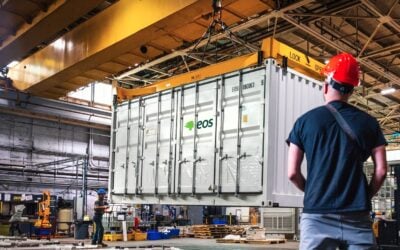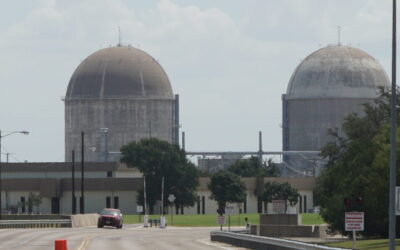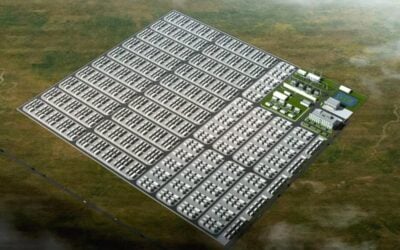
Battery energy storage systems (BESS) cost base has increased 25% in the past year, the head of storage for global energy technology group Wärtsilä told Energy-Storage.news.
“We’re looking at a 25% (+/-) increase in the cost base of BESS systems versus one year ago. There are inflationary pressures across the whole system but this magnitude of increase is really being driven by the battery cells,” said Wärtsilä’s VP energy storage & optimisation Andy Tang.
Enjoy 12 months of exclusive analysis
- Regular insight and analysis of the industry’s biggest developments
- In-depth interviews with the industry’s leading figures
- Annual digital subscription to the PV Tech Power journal
- Discounts on Solar Media’s portfolio of events, in-person and virtual
The ongoing supply chain crisis was covered in-depth in the last edition of PV Tech Power, our publisher Solar Media’s quarterly technical journal for the downstream solar industry. Tang characterised the ongoing issues as the result of a confluence of multiple events, none of whose effect can easily be quantified.
The opening of lithium mines slowed down in the 2018-2022 timeframe, he says. Part of this was due to Covid but there was also a fundamental misforecasting of the adoption of EVs. These have combined to cause the fivefold jump we’ve seen in lithium carbonate prices.
Tang highlighted that irony that Wärtsilä originally opted for lithium iron phosphate (LFP) batteries instead of nickel-manganase-cobalt – as other big system integrators have done – as it believed that there was more stability in the commodity price bucket, with big shocks to the latter three in the past.
He says that China’s response to Covid has also exacerbated the current bottlenecks, agreeing with what other industry sources have told Energy-Storage.news previously. Shipping bottlenecks have also played a role in increasing the logistics element of a typical BESS cost base, which Tang demonstrated with a salient example.
“We’ve had projects in California where we’ve determined it was better to take the product from Shanghai, through the Panama Canal to the port of Houston, Texas, and drive it 2,000 miles to California, rather than waiting for it to unload at Long Beach, 200 miles from the project,” he said.
The jump in battery cell prices has unsurprisingly affected the cost structure of a typical BESS solution too. Tang said that for an average one-hour 50MW system, like several it is delivering for UK developer Pivot Power, battery cells would typically be around half of the balance of plant (BOP) cost. He agreed that with the jump in battery cells price that would be approaching two-thirds.
Note that, taking last year’s costs as a baseline, battery cells increase to close to 70% of the BOP costs when a lithium-ion BESS goes to four hours’ duration.
Asked about whether Wärtsilä had brought in raw material index (RMI) pricing to its BESS solution agreements as other system integrators have, Tang said: “The battery manufacturers are passing on to us any increase or decrease in raw materials directly and we, as an industry, are now looking to pass that on to our customers as well.”






